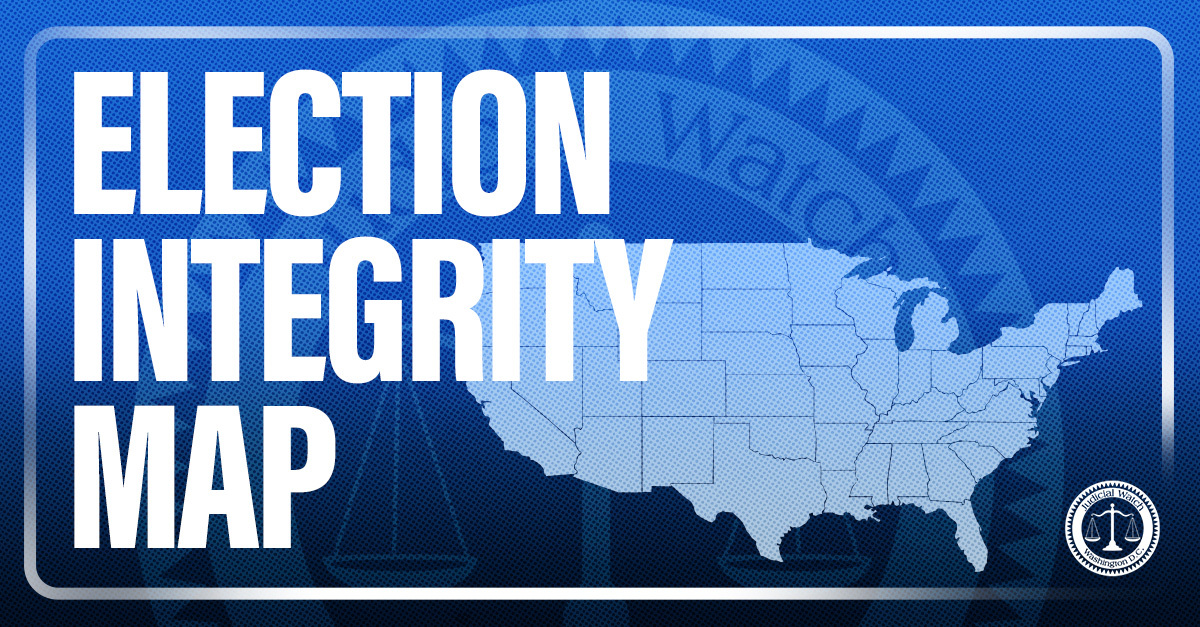
Afghan Refugees Not Fully Vetted, Dozens with “Significant Security Concerns” in U.S.

Dozens of Afghan refugees released in the U.S. have Pentagon records that “indicate potentially significant security concerns,” according to a new federal audit that reveals the multi-agency intelligence conglomerate created after 9/11 to protect the nation from terrorists has failed to properly vet thousands of Afghans. Under the Biden administration’s Operation Allies Welcome (OAW), approximately 80,000 “displaced persons from Afghanistan” have been admitted into the country under a special immigrant visa (SIV) or humanitarian parole. The president directed the Department of Homeland Security (DHS) to lead the chaotic plan to resettle the Afghans and the administration assured Americans the refugees would be thoroughly screened. That has not materialized and for months media reports have exposed crimes, including child molestation, assault and domestic violence committed by Afghans housed at military bases throughout the U.S.
Now a probe conducted by the Department of Defense (DOD) Inspector General (IG) offers more troubling details that shed light on the magnitude of the problem. Investigators found that the agency responsible for clearing the Afghans by conducting thorough background checks is not doing its job, creating serious national security issues and undoubtedly threatening the safety of Americans. The agency is known as the National Counterterrorism Center (NCTC) and it functions under the Office of the Director of National Intelligence (ODNI). It was launched in the aftermath of the 2001 terrorist attacks by consolidating intel gathered by the Federal Bureau of Investigation (FBI), Central Intelligence Agency (CIA), DHS, and the DOD. The NCTC’s stated mission is to lead the national counterterrorism effort by fusing foreign and domestic counterterrorism information and its vision is to be a center of gravity and leading voice that unifies counterterrorism intelligence for the homeland and abroad with a record of sustained excellence across all mission areas.
When it comes to screening Afghan refugees however, the NCTC has failed to use all available DOD data to properly vet candidates prior to arriving in the U.S. Besides missing the significant DOD security concerns of at least 50 refugees, the nation’s lead counterterrorism intelligence entity also failed to stop at least four dozen Afghans with “derogatory information” in their record, the report states. The document defines derogatory information as potentially justifying an unfavorable fitness or access determination, requiring further investigation. Those potentially dangerous refugees are somewhere in the U.S. and cannot be located, the DOD watchdog warns. “As a result of the NCTC not vetting Afghan evacuees against all available data, the United States faces potential security risks if individuals with derogatory information are allowed to stay in the country,” the DOD IG writes. “In addition, the U.S. Government could mistakenly grant SIV or parolee status to ineligible Afghan evacuees with derogatory information gathered from the DoD ABIS database.”
Also of tremendous concern, the audit discloses that Afghan parolees have the right to leave U.S. military bases, officially known as “safe havens,” after receiving required vaccinations and tuberculosis testing. As of late September, 1,236 Afghans left their government safe havens without finishing processing. Here is how the government handles the early “egress” of Afghan evacuees; DHS personnel conduct a meeting with the parolee to discuss the ramifications of leaving the immigration program early, arrange for the parolee’s exit from the facility, and record and track the parolee’s removal from the installations’ lodging. This may seem like a joke, considering Afghanistan is a terrorist sanctuary and the refugees are so poorly screened by the U.S. A ranking member of the Senate Judiciary Committee, Iowa Republican Chuck Grassley, points out that the problems processing the Afghans pose serious national security and public safety concerns. Among the IG’s recommendations for improving the situation is that the Under Secretary of Defense for Intelligence and Security develop procedures for sharing derogatory information on Afghan evacuees with the DOD and interagency stakeholders.

















